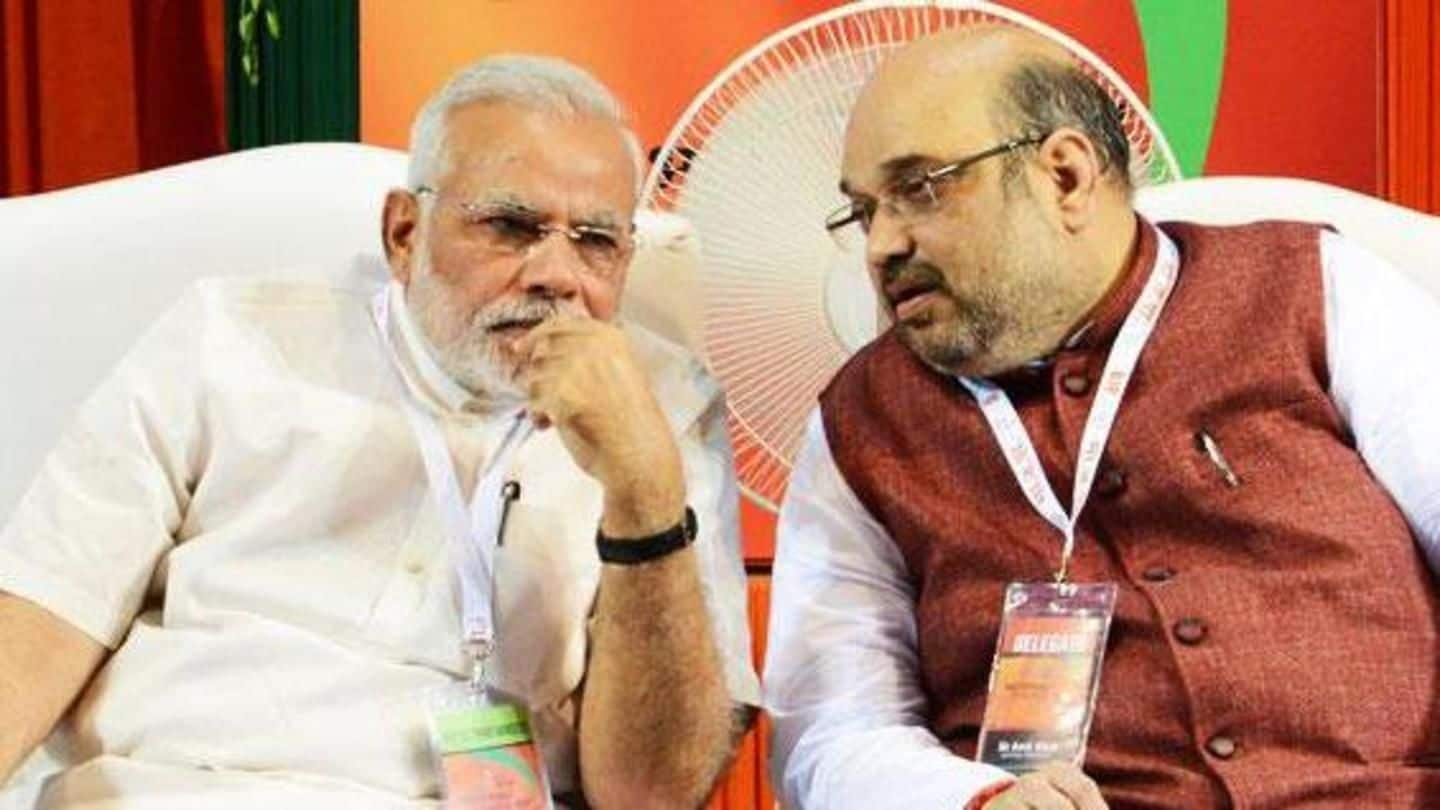
No-confidence motion against Modi: The whats, hows and whys
What's the story
The ruling BJP will face a no-confidence motion in the Parliament today, the first in 15 years. If it loses, the government will fall. If it wins, nothing changes. The opposition had moved a motion before too, during the Budget session, but it had been turned down. Before the critical test, here's all you need to know about a no-confidence motion.
Do you know?
The no-confidence motion is based on a primary requirement
According to laws, the elected government must always have majority support in the Lok Sabha (LS) to remain in power. Through a no-confidence motion, an LS member can challenge it to prove majority support. The government can also move a 'confidence motion' to prove its strength.
How
How such motions are filed
Any LS member can file a no-confidence motion by giving a written notice to the Secretary General. They do not need to cite reasons. The speaker, after deciding on its validity, reads it out aloud. It has to then be supported by at least 50 members. If it passes the test, the Speaker decides details of related discussions, like date, time limit of speeches etc.
Information
Some conditions determine when and how the voting will happen
The motion, once accepted, has to be discussed within 10 days. Discussions can be held on one day, multiple days or a part of a day. The voting can be held through 'voice vote,' 'division of votes' or other means.
Current case
Details of the present case
The current motion was filed on July 18. Congress, TMC, AAP, NCP, SP and CPI(M) members have expressed support. They have cited issues like mob lynching, demonetization, atrocities against Dalits and more. Kesineni Srinivas of TDP moved the motion at 11am. Voting will follow roughly seven hours of discussion, at around 8pm. The NDA, which has enough numbers, is expected to sail through easily.
History
A history of no-confidence motions in India
The first no-confidence motion in Independent India was moved in August 1963 against Jawaharlal Nehru, by Acharya Kripalani. Indira Gandhi went through as many as 15 motions. Rajiv Gandhi, Lal Bahadur Shastri, Morarji Desai and PV Narasimha Rao also faced it. The last time was when Sonia Gandhi moved one against Atal Bihari Vajpayee in 2003. It was defeated 314-189.